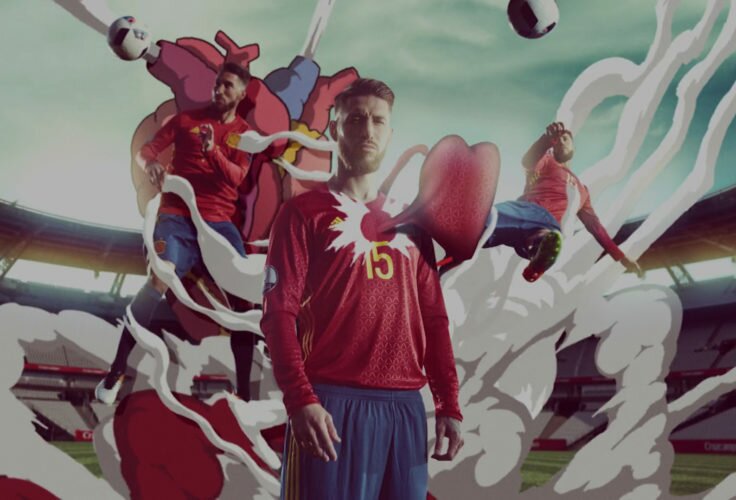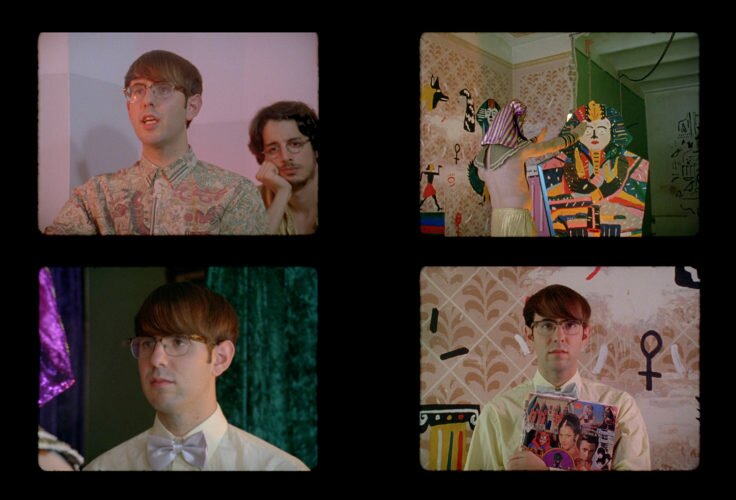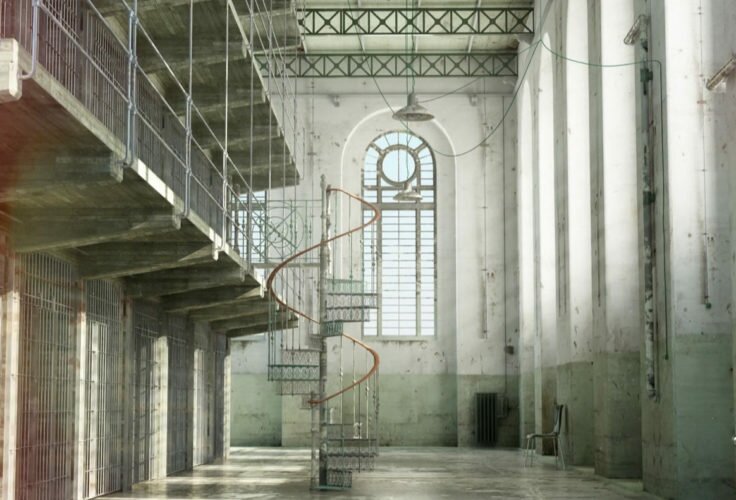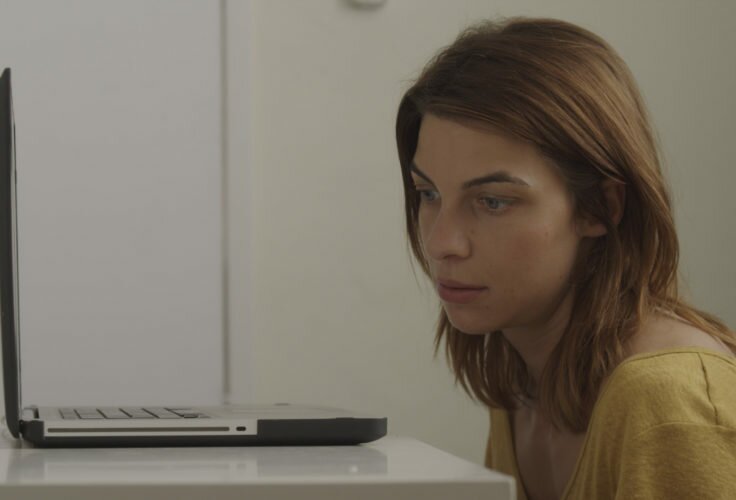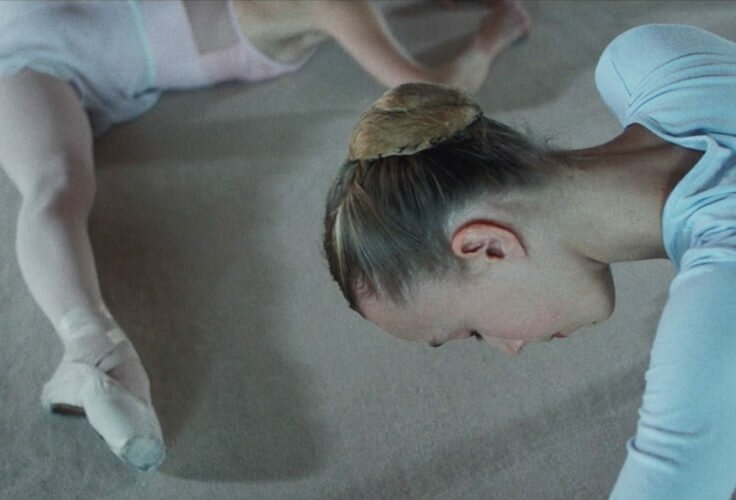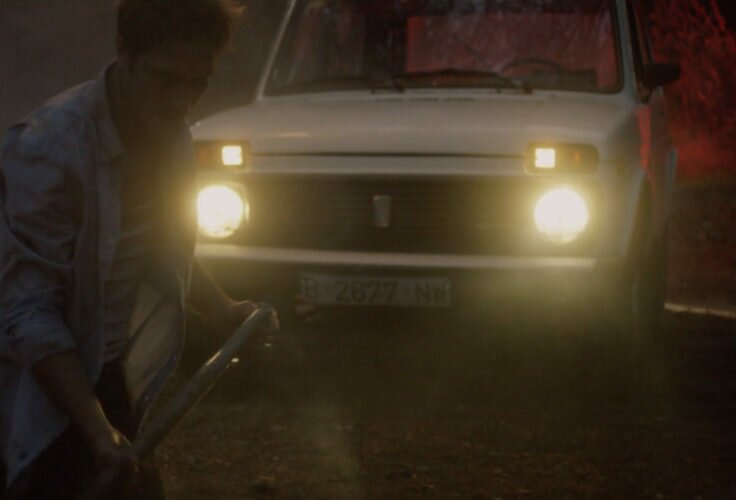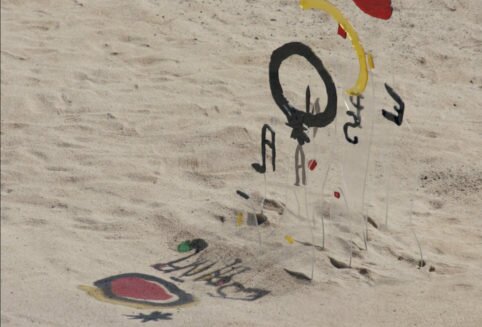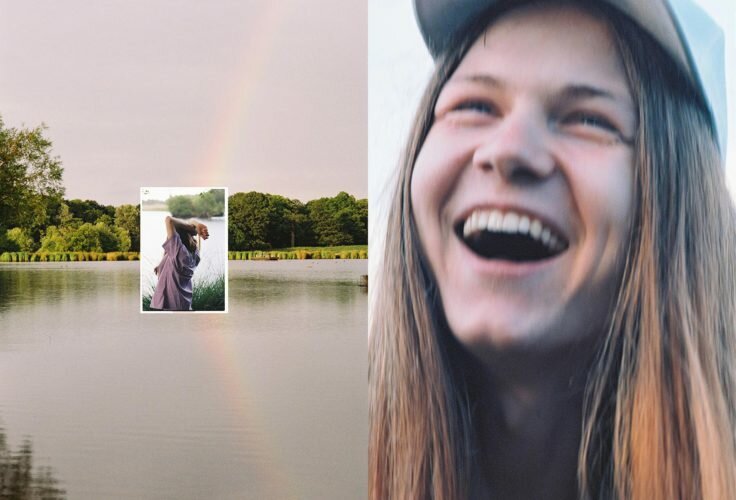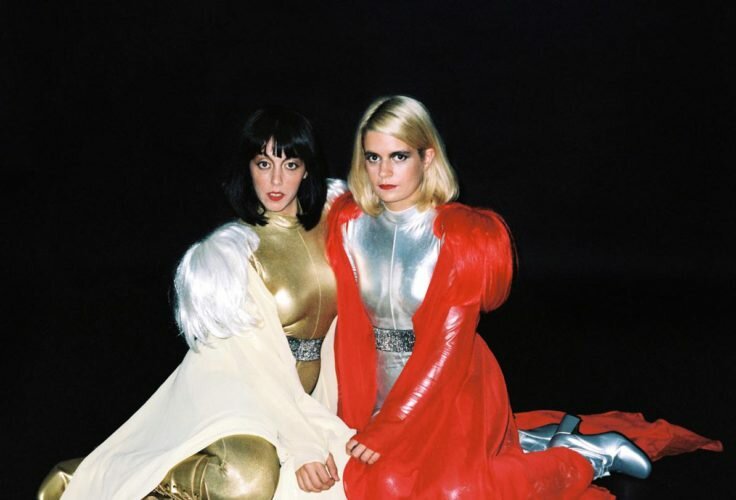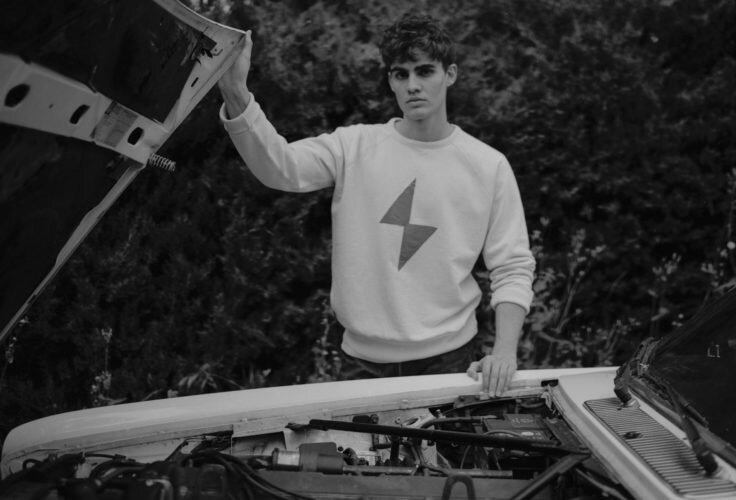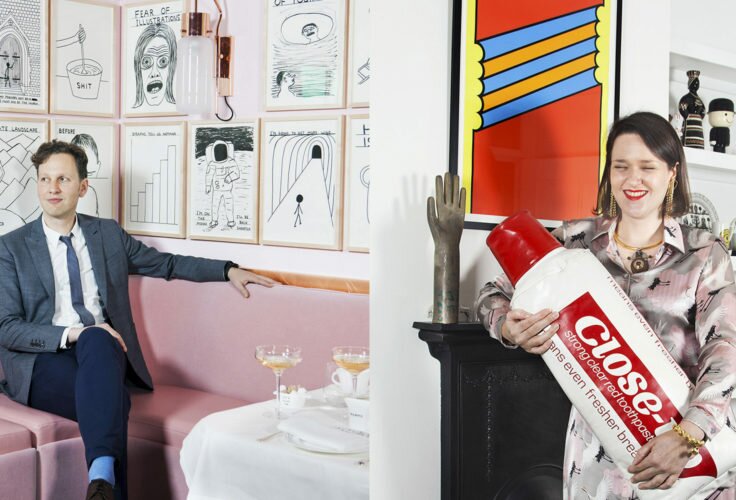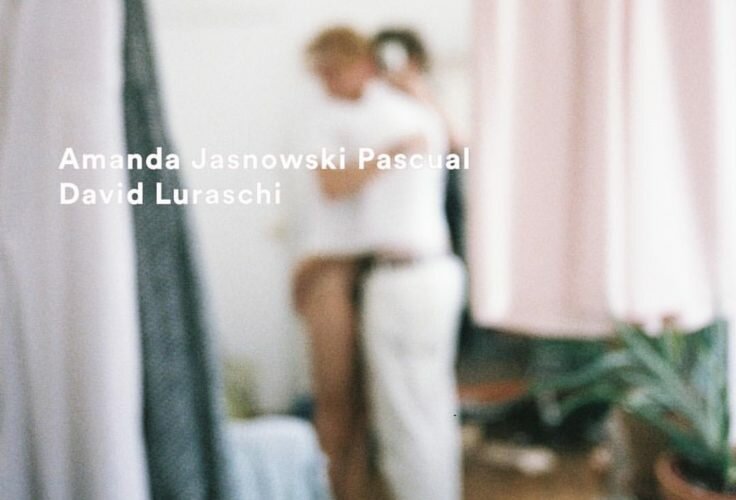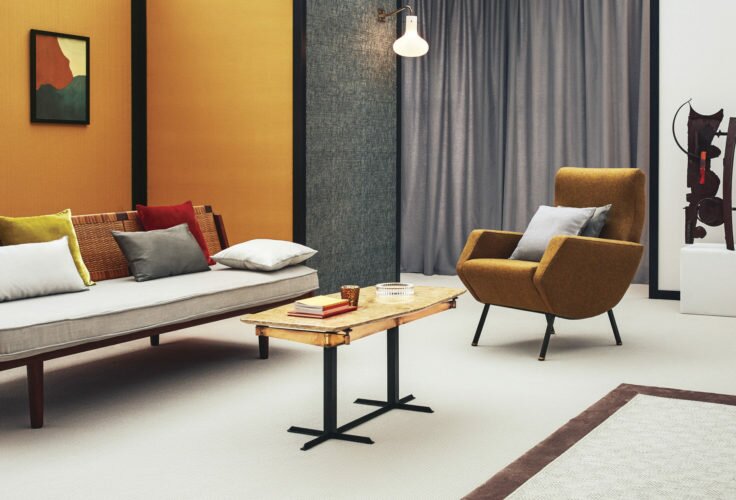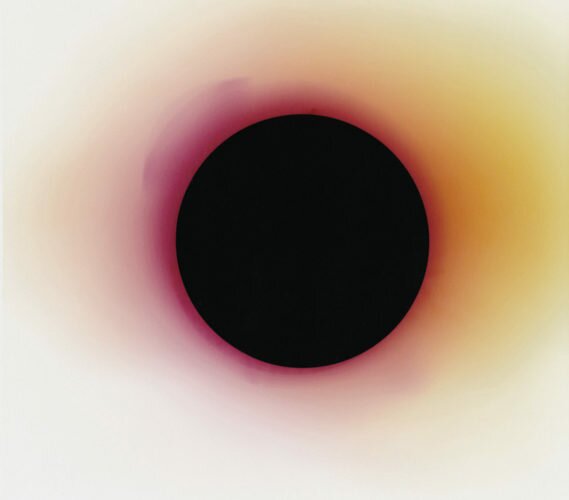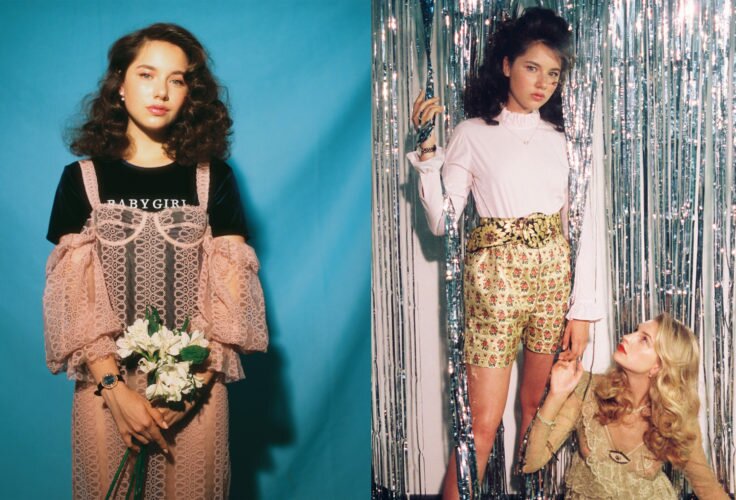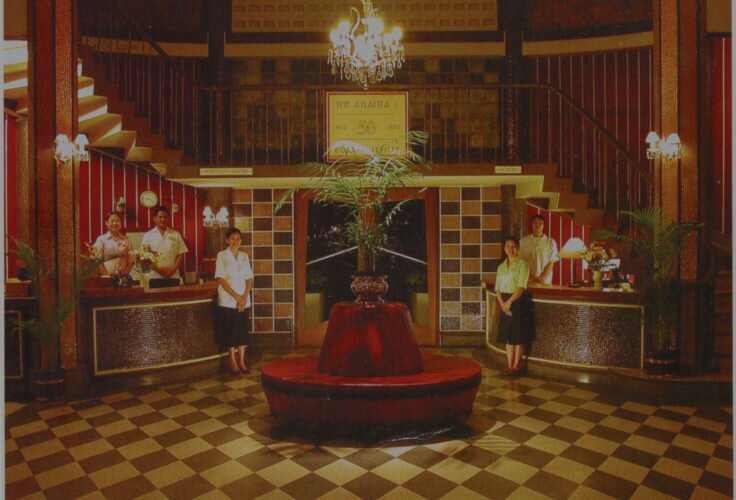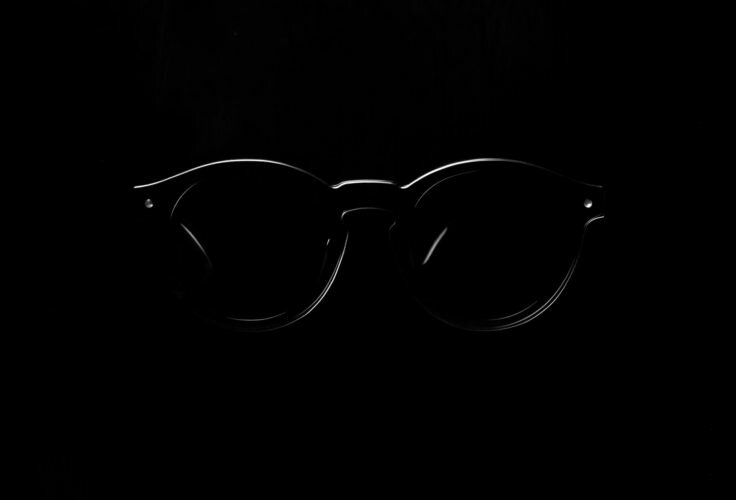Before monopolising the net, kitten videos were… experimental film fodder. Eulàlia Iglesias scratches audiovisual artists with pets.
Interview
with Kikol Grau.
by Eulàlia Iglesias
He won the first prize at the last edition of Dock of the Baywith an unheard of music documentary. Far from the clichés of typical rockumentaries, Las más macabras de las vidas brings back the music of Eskorbuto in order to review the eighties in Spain through archival images from that decade. Kikol Grau rummages in the dumping site of internet images, compiles footage from news reports, adverts and movies that haven’t been fixed in the collective imagination and turns the hegemonic discourse about the Transición period upside down to the rhythm of Eskorbuto’s deranged punk rock. In this film, he unites two of his main passions: the eighties musical scene (he already finished a brand new documentary about the band Cicatriz) and working with archival material.


During his career, Grau has worked for television hundreds of hours. He started at local channel Clot TV; created , a punk news programme, with Arturo Bastón and Félix Pérez-Hita, for BTV (although it was never broadcasted); worked on Canal 18 and Cine Palomitas, and reached his peak with the programme Metrópolis at La 2, for which he was hired after he sent them one of his own programmes. There he developed a series of documentaries on the independent film and music scenes (in , , , …) After leaving TV, he got a job at Hamaca, that allows him to continue developing his own projects, from music videos (the last ones for Tarántula, Salvaje Montoya, Tu madre…) to visual essays on eighties popular culture, or divertimentos where he turns historical assassinations into scary tales. Visual subversions created from the margins by someone who has learned by heart the codes of TV and film language. When we meet him, he’s just been confirmed that he’s a B. A. in History.
Your latest works, Las más macabras de las vidas or Operación Gadafi, have a lot in common with recent History essays, or, to be precise, with the way in which some historical discourses are constructed through images.
These last years I’ve realised that the sentence about History being written by the victors is false. We all write History. Discourses, whether they are true or false, end up becoming the truth after much repeating them. I think that now would be a good moment to look back to topics such as the Spanish Transición, because enough time has already gone by. The results of the last election, in my opinion (my teachers might want to box my ears here), mark the end of the Transición. The grandchildren of those who won the war don’t understand why they’re no longer wanted: we don’t want them because they are thieves and corrupt people. I create films like Operación Gadafi, with news footage, because I want to explore who writes History and how.
Visual
Subversion.
When it came to broaden your knowledge, you chose to study History and not film studies.
To me, studying History was a lot of fun. I wouldn’t dare comparing myself to them, but some mad directors such as Ridley Scott or James Cameron are History freaks. If I ever had the proper budget, I’d film a story about the almogávares, the most brutal army that ever existed. The problem with History comes when yankees try to tell it… There are exceptions, of course, like Clint Eastwood with Flags of our Fathers and Letters from Iwo Jima, where he tries to explore two versions of the same event. The most interesting one being the second film, of course.
In Operación Gadafi you show how sometimes TV news reporting resembles more and more a blockbuster or a videogame.
During the editing process I realised that the more you experiment and do mad things, the more you see that you are breaking codes you had taken for granted. For example: the one that dictates that a certain kind of cinema should always have a certain kind of soundtrack. All the visual representation of war is very typical, with Wagner music and so forth. Even the Islamic state has learned the codes of US film language and applies them to its own propaganda. With Operación Gadafi what I did was to use the music I like, metal in this case, instead of the typical classical piece.
Your idea of subverting visual codes already showed up in your first local TV programmes.
I sometimes think it’s mental, seeing my CV, how some channels like TVE let me get away with what I got away! Like an interview I filmed upside down for a cultural programme, waiting for someone to tell me to stop doing it. But nobody did! I’m surprised I’ve been allowed so much. In fact, for a long time I thought I wasn’t good enough for this kind of job. When I’d already been kicked out of Metrópolis due to budget restrictions, after the Partido Popular won the elections, I realised that I had been granted the possibility of experimenting with TV like nobody ever. But I think that’s what TV should be about. I don’t understand why audiences don’t demand other types of contents. We have grown used to a certain kind of programme depending on the channel. I think television is an amazing medium to experiment and we should do a lot more over the top things! But producers and channels are what they are and they won’t accept it.
There was a moment in which local TVs functioned that way, more or less…
Barcelona TV was an amazing experiment! One of the things that Manuel Huerga did when he was its director was realising the potential of a local channel. He knew that he wasn’t going to come up with all the ideas related to the communication of the city by himself, so he opened the doors to all sorts of people… At the time, the citizens of Barcelona watched their local channel because you could see anything there: your mum preparing a cod dish, your neighbour doing who knows what, a madman… BTV managed to be a TV channel, but at the same time something experimental and close to its audience. Now it’s just a small-scale reproduction of the bigger channels, and it’s going nowhere. At the Xarxa de Televisions Locals (Network of Local Channels; now no longer existing as such) they also created the project DO (Denominació d’Origen), dedicated to the most experimental projects. A lot of interesting people came out of there… That’s what I would like to see on TV. And that’s what happens in Great Britain, for example, where you can find a show like Black Mirror, with a first episode in which the Prime Minister has to fuck a pig! You present a script like that in Spain and they kick your arse before you can even open your mouth! Having the guts to make a show like that with creative people should be the normal and coherent thing to do on TV. The shock has come now when I’ve realised that if TVs don’t do this kind of programmes anymore, I’ve nowhere to work! Because I’m no film director. I haven’t studied film and I move within a field that I don’t really know where it is. When one of my projects is selected for a film festival, I think it’s mental! I send them to festivals warning them: “have patience with me, I’m a nut case”. And I’m still surprised to see the amount of people that watch my films and like them! I don’t even know whether they are films or not. I don’t do telly; I don’t do films…
That no man’s land is very typical of contemporary audiovisual works…
Now I’d like to work on a film that isn’t created with archival content (although I have a lot of archival material projects in my head and a blackboard full of notes). I’m going to give myself a present and I’m going to try to film a horror movie. I’m scared as fuck, but at the same time I’m really looking forward to it. What I want to do is break with certain given norms, like the one that says that all horror movies should take place at nighttime. Mine is going to be “exterior, daylight”. Why? Because it’s the best and cheapest way to light up a film! I don’t know how I’m going to manage to tell certain horrible things during the day… And I don’t want the typical music that warns you before the psychokiller arrives either. I worked for a long time making horror movie trailers for Canal 18 and I know all the clichés. I want to take advantage of that to subvert them. And if in the end I don’t manage to do it, I’ll go back to using archival material…
You’ve already experimented with horror stories in unusual pieces such as or , que empiezan como un biopic histórico y acaban como un cuento de Poe.
Yes, and I also have others with Dato, Canalejas and Carrero Blanco. But since I work entirely on my own, I’ve had no time to finish them. I’ve created them in chronological order and I do more and more mental things each time. I use illustrations from Creepy magazine, some by Bernie Wrightson or José Ortiz. My horror movie is also a sort of Creepshow: it’s made up of short stories taking place in different moments in history: I go from Hernán Cortés to Nosferatu. Since I’m the last of the Grau family and I have no children, I’ve done a bit of research of my own surname. The name of the producer of Nosferatu, for instance, was Albin Grau. And Hernán Cortés had a lieutenant, a certain Joan de Grau, who ended up marrying one of Moctezuma’s daughters. Both returned to their village, Toroliu, in the Catalan Pyrenees, and the legend says they buried a treasure there. All this ended up in a well-known scam that took place during the sixties… Today I went to pick up the mask that the narrator of the movie will wear [he shows me a picture of a pre-Columbian mask with precious stones]. I love, apart from experimenting, feeling like a child and starting each project very excited. When I turned forty and I realised I had Peter Pan syndrome I saw that for me it wasn’t a trauma, unlike for others, because I’ve never been too interested in the adult world anyway. To me, a project like this is a toy. If there was money behind it, that would be another story, because I would have to accept certain conditions. But since there isn’t…
Most of your references, from horror movies to music, come from the eighties. But not only that, your pieces, in this digital era, also evoke the textures and effects of eighties’ audiovisual material.
Yes, I love it. , the last music video we made with Miguel Ángel (Blanca) for Salvaje Montoya, I wanted to film it with a Vídeo8 camera, but the batteries didn’t last. But still, we shot it with a camera with a black and white screen. It was a gadget we almost didn’t know how to use! But we wanted to see what came out of there. A lot of people are using top gear cameras to make shit… Because, except for some people with very large budgets, like Michael Mann, Roland Emmerich or James Cameron, for the rest, technology offers a quality they cannot assume. I think that TVE has only ever broadcasted in high definition the Olympic Games of Beijing. They try and convince you to buy a plasma screen, but then programmes aren’t broadcasted with the right resolution. It’s true that a Blackmagic camera is only 400 euros now. Technology is very cheap these days. But why would you want to shoot an interview, for example, in high resolution? I always tell the people at Hamaca the same thing. “Let’s see, are you going to shoot your hand caressing the hay while your girlfriend goes down on you? You won’t, will you? Then, do yourself a favour and make it easy. But, hey, if you want to make a Terrence Malick movie, that’s great. In fact, I used to like him until he became famous. But if you only need to do a 1 minute video… Use your mobile phone, man!” Now mobile phones have excellent cameras! But we’ve been brainwashed into thinking that anything will be better if we use state of the art technology. And that’s nothing more than Capitalism… I’ll have a problem when I find myself having to use top gear cameras. I’ll have to learn because I don’t have a clue about them. And I don’t know that many people that do either.
In one of your first TV programmes, Por la Kara TV, you collaborated with J. A. Bayona…
Yes, with Jorge Rodríguez, Pol Turrents, who’s a very good director of photography, and Bayona we did a few mental things. You could already see then that Bayona knew much more about cinema than the rest of us, and he was following his own path. We would shoot an interview, then he’d moved the camera and we’d be like, “what are you doing, why do you move it?” He knew exactly what he was doing. I paid him a visit while he was shooting Un monstruo viene a verme. He told me the budget he had and that he still hadn’t enough money to cover for everything. And I laughed! “But what are you talking about, man? With only the VAT of all this I could shoot my entire filmography!”
And you have pieces like or , that work as audiovisual essays about certain Hollywood sagas. They are quantitative analysis that end up offering a qualitative one as well…
I realised that I could purify Hollywood movies by deleting all the scenes with dialogues and they ended up being much more interesting. I’ve also made one with the Lord of the Rings trilogy. They have all these amazing battle scenes with a lot of music. But then, when the bloody fairy appears and starts telling all sorts of nonsense, you feel like introducing a silly subtitle like “but what are you saying, bitch?” I love these experiments, but they’re very time-consuming…
It’s something people usually do with porn movies.
With porn movies I have the opposite experience! I used to work for Canal 18, and it broadcasted porn movies as of midnight. I had to make the trailers, but couldn’t show a tit or anything like that because they were shown during the day. Thinking about how to do it, in the end I came up with a solution. Eureka! The solution was using all the intros with dialogues that porn used to have before: “hi, I’m your plumber, which pipe did you say needed fixing?” I put a scene like that and then I cut it and placed the channel’s logo. At that time I started sharing a flat with a mate and he couldn’t believe it when he saw me surrounded by all those porn videos from which I only watched the non-sexual scenes! That kind of dialogues are now lost and it’s a pity because they were such a laugh!
You’ve worked with an enormous quantity of material during your career, do you have it stored somewhere? How do you organize it when you work with archival material?
I’ve worked in so many archives that I already know where to get things. But it’s not so much a physical order as a mental one. The information is classified in my head and I know where to look for it. If I need something quick I use YouTube, although it’s chaos: you introduce a term of search and what comes up first has nothing to do with it! I used to like what we did before on the internet, when you had only a link and you kept on surfing from one site to another until you found a weird one who knows how. With new technologies everything is easier. I love the work of Eastern European animators such as Jan Svankmajer, who take a year to make a movie. Now, nobody puts that kind of effort into anything anymore: they present a piece to Notodo Filmfest or the festival-of-make-a-five-seconds-movie-with-your-mobile-phone-and-you’ll-be-fucking-king. I’m also a bit scared of the way in which in this country you aren’t allowed to grow and learn. I was talking about this with Fernando Franco the other day. With that entire thing about debut films and poor cinema, there’s a new genius every day. Someone they eulogise at first, but then lynch when the second movie comes out. There’s no space to learn from your own mistakes. How do you get away with it? You work and work and don’t even listen to their comments. We have to fight against this Spain, which is a shit-hole culturally. It happened to me with the Eskorbuto film. “Why didn’t you make it before?” they ask me. “And why didn’t you fucking make it if you liked them so much?” I’d love it if there were ten films like mine. Pressing a button on a screen is very easy, but spending hours, days and years building something… And then, like my friend Miguel Gil said, who are we to destroy the work of people who’ve invested years on it? But that’s internet for you and the kind of society we live in. A friend sent a picture of an Alcampo supermarket right across the French border. It showed a 20-metre shelf full of comic books. At the news stall in Sants station there isn’t even one graphic novel to be found! Spain has never taken its cartoonists, bands, or film directors seriously… For example, music has gone to hell in this country, with these concerts and festivals only for rich people. What is that about a Spandau Ballet concert now? Get lost! Napalm Death played Primavera Sound but with one of those restrictive contracts that doesn’t allow them to do another cheaper concert. So I couldn’t see them. I think pills and techno will be the end of musical culture. Now that we have the media and the knowledge no charismatic bands come out because we have a huge lack of culture. I’m learning to play piano, with a Casiotone, to compose my own soundtracks. Not an easy job!
You insist in not considering yourself a professional of the film industry and you don’t feel comfortable with promotion (interviews, presentations…).
I’m not one of those pain-in-the-ass directors, and presentations freak me out. I’ve ended up asking the audience for money: “Hey, you, have you got 10,000 euros? Give me 10,000 euros and you’ll see how pretty I make your mother look in a movie”. But I don’t want to become a charicature. I’m lucky because I don’t work for a film or production company, so I have total freedom, because I pay my bills with my job at Hamaca. What I like is watching stuff. And now I’m very happy because I’ve finished my degree and I have a lot of eighties films ready to watch! Like the Critters and Ghoulies sagas… Or The Monster Squad, which is kind of naïve. I’d like to make a film like that! As a spectator, I watch all sorts of things, and I pay special attention to Korean, Australian, African movies… because with them you discover different narrative forms. Nigeria, what they call Nollywood, I think it’s the second film industry in the world, after Bollywood and before Hollywood. In the end they do the same thing that the yankees have always done: “I don’t like seeing Chinese people in a film, so I make it again with yanks”. They do the same: “this Stallone movie is alright, so we’ll make it with Ndongo or whoever”. They have an unreal production capacity: films made with four bucks, but totally wild! And I prefer these wild films to certain Hollywood movies. I went to see Transformers 4 with my nephews and, fuck, three hours long and I didn’t understand shit!

